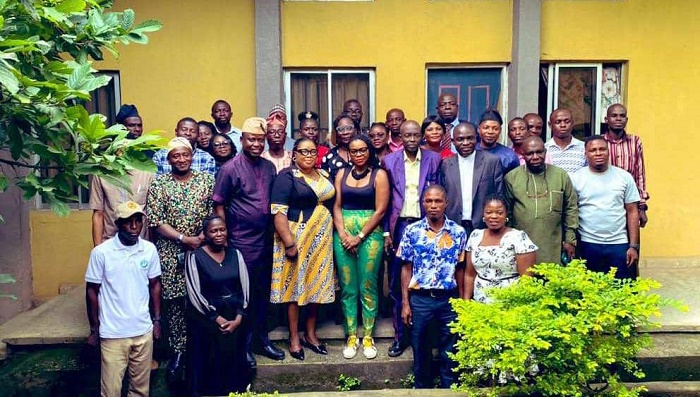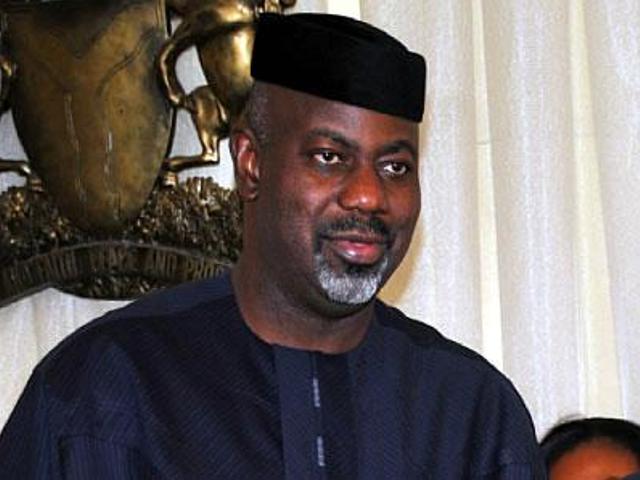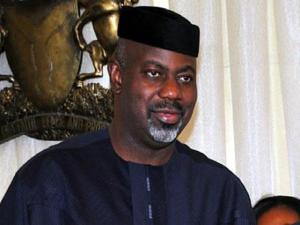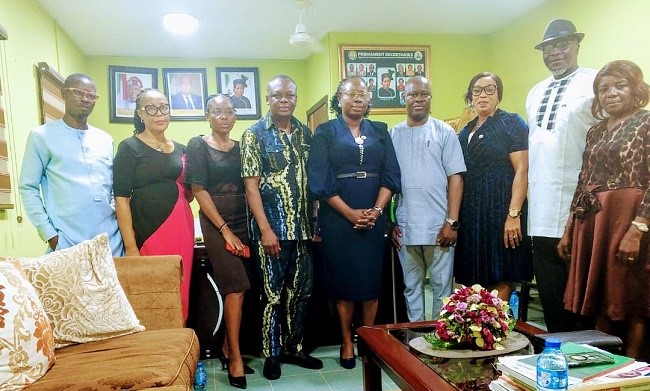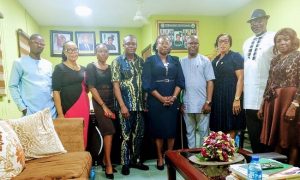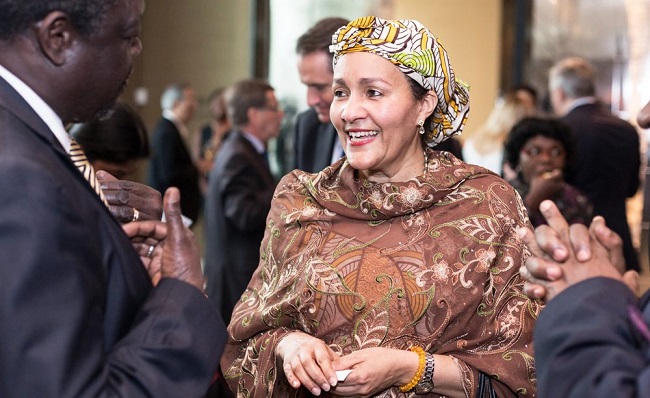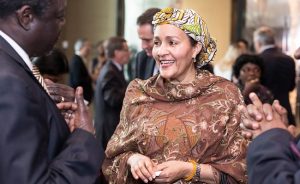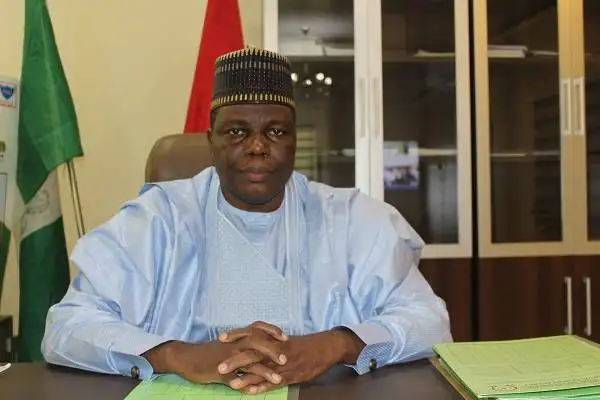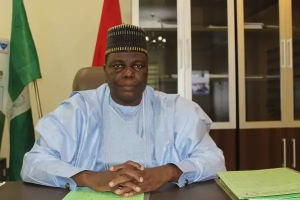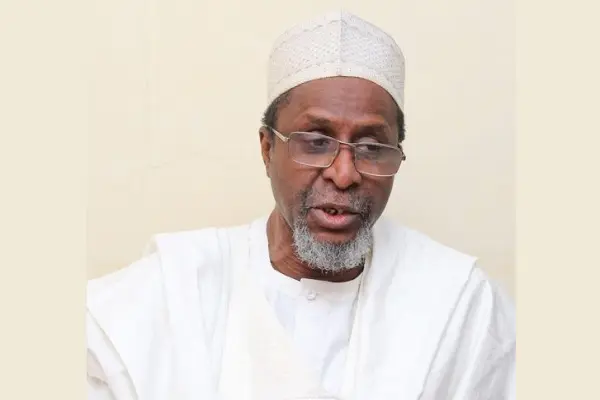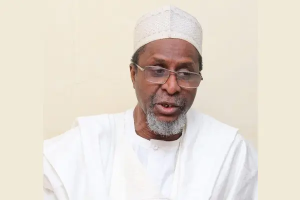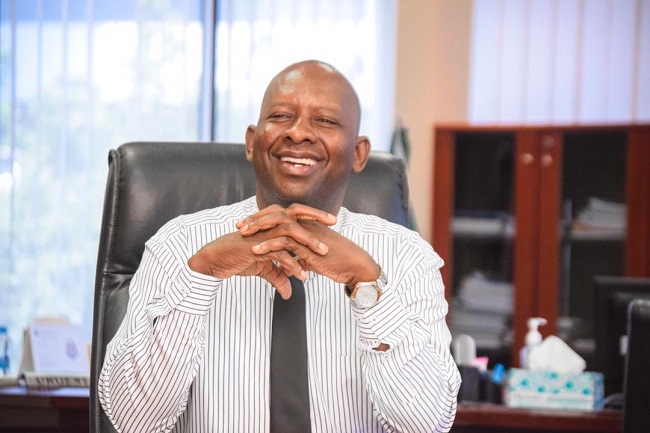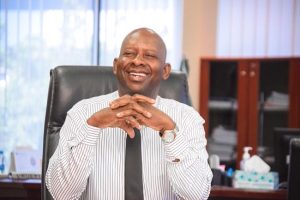As part of its efforts to develop a Climate Action Plan, Osun State Government has organised a one-day Inter-agency Workshop for Desk Officers and Focal Persons appointed from all MDAs in the state on their roles on climate action across the state.
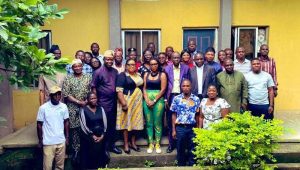
The workshop, which held on Tuesday, September 3, 2024, at the Conference Room of the Ministry of Environment and Sanitation, at the Government Secretariat in Osogbo, the Osun State capital, was organised by the Department of Climate Change and Renewable Energy of the ministry.
While declaring the workshop open, the Commissioner for Environment, Mayowa Adejoorin, noted that the workshop was important as it provides a platform for participants to upgrade their knowledge about climate change, its effect and how it affects the society.
“As the world is going digital, so also the climate change is making a wave. All departments in this place are supposed to be here, because if you understand what climate change is, you should know that it affects all our daily activities.
“I want to implore you to concentrate and learn what the expert will be telling you, not everyone of us have too much knowledge of climate change. I also learned through the process, when I resumed, I only know climate change theoretically, I know what it means. By virtue of my profession, I know what climate change is but not it’s effect, it’s economic advantage.
“I want you to concentrate, listen to the experts, take notes, so that when you get to your various MDA you’d be able to educate them on why we need to promote climate change according to the desire of this government, ably led by Governor Ademola Jackson Nurudeen Adeleke, he has really encouraged us to promote this climate change to any level we can, and he has been doing so many things to encourage this ministry and the host of this climate change agenda,” the Commissioner noted.
Addressing participants at the workshop, Consultant to the State Government on Climate Change and Renewable Energy, Prof Chinwe Obuaku, noted that climate change is an issue that affects all sectors, stating that it as the reason for having a Climate Change Desk Officer across Ministries, Departments and Agencies (MDAs) in the state.
She said: “The main objective for this is to train desk officers on their roles and responsibilities for our Climate Change Agenda.
“When we conceived the idea of this workshop, I made it known that it will be intellectually stimulating for every one of us and we’ll have to do a couple of tasks in-house. So, this workshop is designed for us to understand our individual capacity gap and needs.
“What we are doing today is something that a lot of states in Nigeria haven’t done yet. Two weeks ago, we were in Abuja to attend a GHG Data Analysis and Inventory Stakeholders Meeting and it turned out that Osun State is actually one of the states within the Southwest that is doing well in terms of Climate Action.
“Climate change is an issue that affects all sectors, you look at Methane, Nitrous Oxide, CO2 and then you’ll begin to reflect on which of the sectors that generate most of the greenhouse gasses.
“You also need to realise that human activities contribute about 80% to our carbon footprint and then natural disasters contributes about 20% and when you look at the measures taken to curb human activities, that’s when you begin to mitigate and then when you look at natural activities, you begin to adapt to that.”
Speaking earlier, the Permanent Secretary, Ministry of Environment and Sanitation, Mr Richard Afolayan Ogungbami, stated that the workshop is needed for the ministry that coordinates activities and issues of climate change to extend the frontier of knowledge in climate change to other departmental agency of government.
He said: “The workshop is the fall out of a workshop that was attended by some of our staff about two or three weeks ago now. They went there to discuss on Bi-annual Transparency Report from Sub Nationals.
“And for those who have been tracking the activities of Gov Adeleke, they will discover that he has a passion for the issue of climate change and that explains why the state created the department of climate change and energy.
“There’s therefore the need for us as the ministry that coordinates activities and issue of climate change to extend the frontier of knowledge in climate change to other departmental agency of government that have one role or the other to play on the issue of climate change.
“Climate change has become a topical issue, in the sense that it has to do with shift of temperature and weather pattern. The shift has affected us in a number of ways, so much that, today, you cannot even see precisely, accurately and predict what is going to happen. That affects almost all sectors of our life, it affected agriculture.
“In the past, Ministry of Agriculture can predict accurately and tell farmers, go to the field by March you can begin planting but these days by virtue of the activities of climate change, we cannot say farmers should go to field and plant in March, because you cannot even predict when the first rain will fall in the course of a year.”

